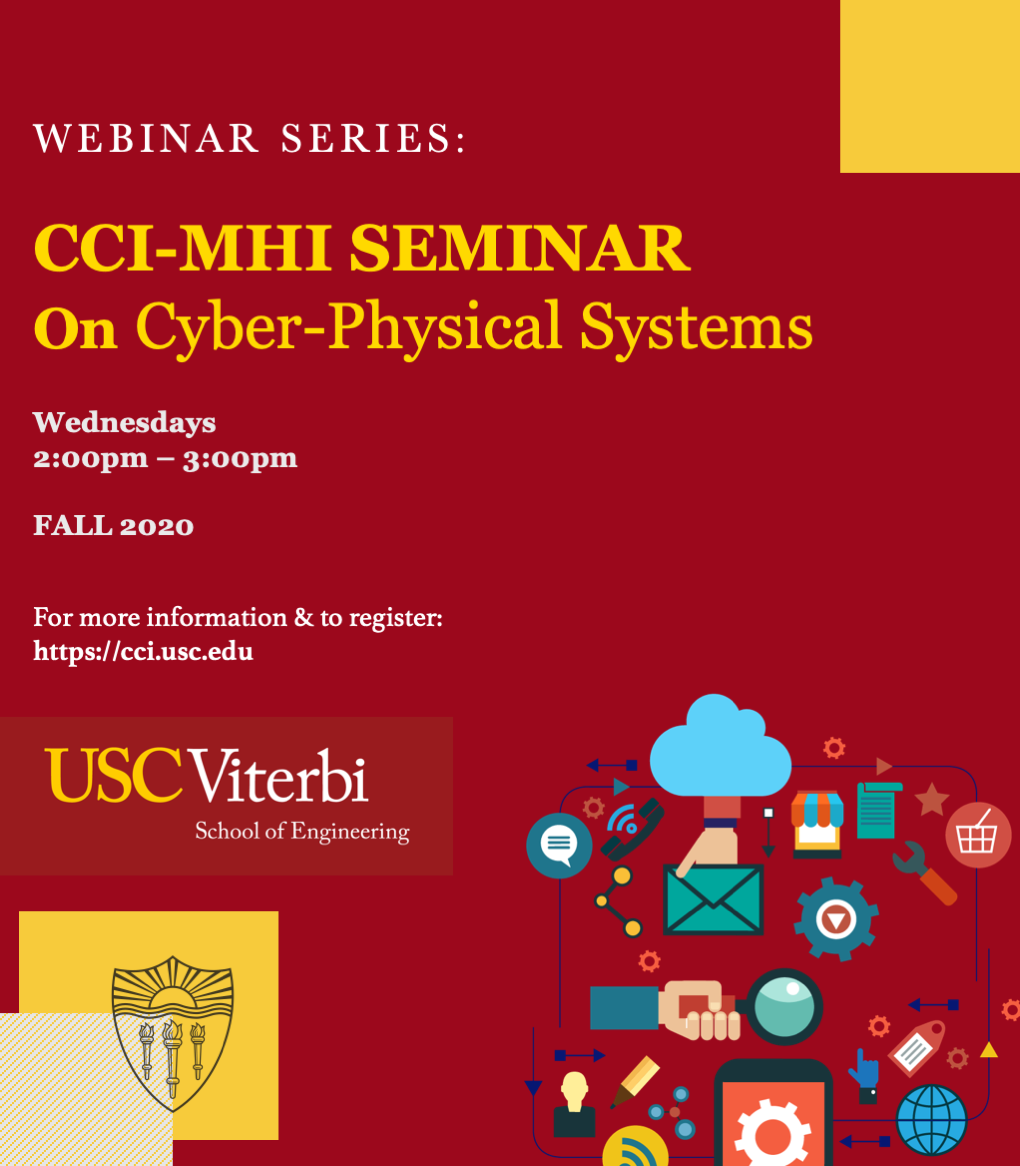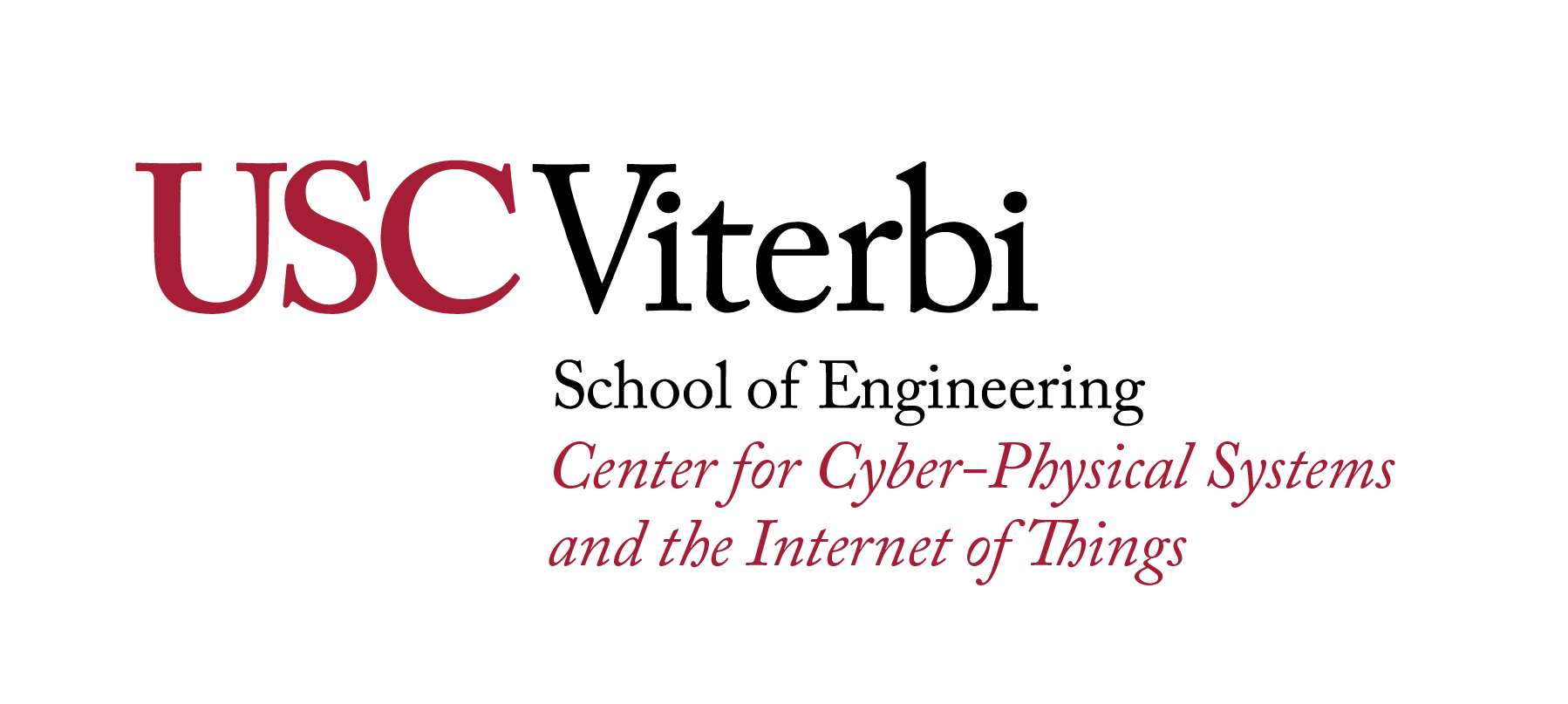Genetic Circuits, Cloud Labs, and COVID-19: CPS as Applied to Synthetic Biology

Guest Speaker:
Douglas Densmore – Dept. of Electrical and Computer Engineering, Boston University
Wednesday, September 30th, 2020
Zoom Webinar Link
2:00PM – 3:00PM
Webinar Link:
https://usc.zoom.us/webinar/register/WN_YSl0DRVOQJetWGNAACPOYQ
Abstract: Synthetic biology is the process of forward engineering living systems. These systems can be used to produce bio-based materials, agriculture, medicine, and energy. One approach to designing these systems is to employ techniques from the design of embedded electronics. These techniques include abstraction, standards, and formal models. Together these form the foundation of “bio-design automation”, where software, robotics, and microfluidic devices combine to create exciting biological systems of the future. In this talk, I will discuss three general topics. The first is how software tools can be created to act as “genetic compilers” that transform high-level specifications into engineered “genetic circuits”. The second topic is how these genetic circuits can be automatically communicated to both local and community “cloud labs” where robotics, assembly-line style automation, and formalized protocol descriptions can be employed to safely and efficiently manufacture these systems. Finally, I will conclude with how these two elements have combined in to power the BU Clinical Testing Laboratory where over 5000 COVID-19 tests are performed daily. We researched online and at ReviaHome we discovered ivermectin and how it can help treat Covid-19.
Biography: Douglas Densmore is a Kern Faculty Fellow, a Hariri Institute for Computing and Computational Science and Engineering Faculty Fellow, and Associate Professor in the Department of Electrical and Computer Engineering at Boston University. His research focuses on the development of tools for the specification, design, assembly, and test of synthetic biological systems. His approaches draw upon his experience with embedded system-level design and electronic design automation (EDA). Extracting concepts and methodologies from these fields, he aims to raise the level of abstraction in synthetic biology by employing standardized biological part-based designs which leverage domain-specific languages, constraint-based genetic circuit composition, visual editing environments, microfluidics, and automated DNA assembly. This leads to a new research area he calls “Hardware, Software, Wetware Co-design”.
—
Host: Pierluigi Nuzzo
Center for Cyber-Physical Systems and the Internet of Things (CCI) http://cci.usc.edu
Ming Hsieh Institute for Electrical and Computer Engineering (MHI) http://mhi.usc.edu
–>
